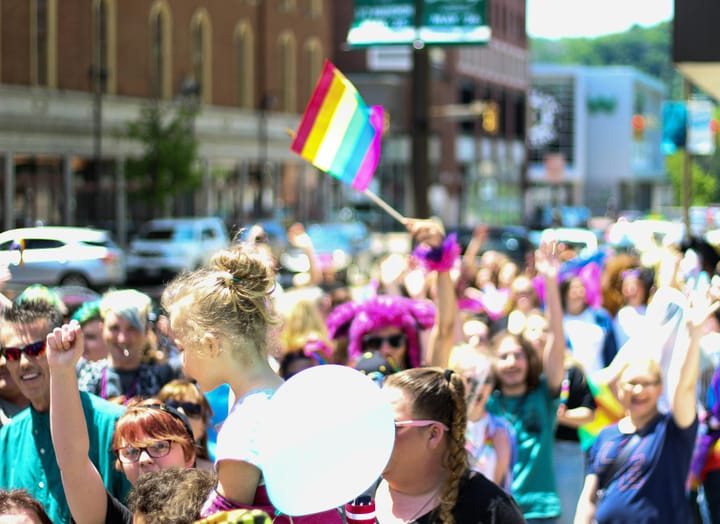What is the human rights sitch in Qatar, host of the World Cup?
The 2022 FIFA World Cup will kick off in just a couple of weeks. This year, it's taking place in Qatar, a small Arab country on the western coast of the Persian Gulf.

A few minutes every morning is all you need.
Stay up to date on the world's Headlines and Human Stories. It's fun, it's factual, it's fluff-free.
The 2022 FIFA World Cup will kick off in just a couple of weeks. This year, it’s taking place in Qatar, a small Arab country on the western coast of the Persian Gulf. By taking on this massively popular event, though, Qatar has attracted the eyes of the rest of the world, putting a spotlight on human rights in the country.
When it comes to women’s rights, Qatar still has a ways to go. Unlike nearby Saudi Arabia, women in Qatar have been allowed to drive for decades. They can also be found in many workplaces, including government offices (with a male relative’s permission). But, rights groups say that the Qatari legal system, based on Islamic law or Shariah, holds up women’s advancement. There are gender discrimination issues in the areas of free movement, marriage, child custody and inheritance. And there aren’t any laws preventing gender discrimination in the workplace.
The LGBTQ community, though, has been continuously persecuted in Qatar. Same-sex sexual acts between men are punishable by up to seven years in prison. And there have been reports of physical and sexual violence against LGBTQ people in police custody. Human Rights Watch reported that arrested transgender women were forced to receive “conversion therapy” at government-sponsored centers.
But, a spokesman for the Qatari government says that the country “does not tolerate discrimination against anyone.”
Earlier this year, Emir of Qatar Sheikh Tamim bin Hamad al-Thani said of World Cup visitors: “We welcome everybody, but we also expect and want people to respect our culture.”
Another major human rights concern is the exploitation of migrant workers. The country has a migrant labor force of about 2 million people. In Qatar, a migrant worker’s legal status is tied to their employer. For these employers, passport confiscations, high recruitment fees and fishy recruitment practices go unpunished for the most part. Qatar has also been said to disappear those who speak out, like labor activist Malcolm Bidali.
Now, some places are boycotting fan zones for the World Cup. Paris, along with a few other major French cities, won’t set up screens or fan zones for the event. The mayor of Merseille (which is also boycotting), Benoit Payan, says the World Cup “had progressively turned itself into a human and environmental catastrophe, incompatible with the values which we expect sport – and especially football – to promote.”
FIFA has outlined guidelines for security forces at the event to practice “leniency towards behaviors that do not threaten physical integrity or property.” The US ambassador to Qatar also called on local authorities to use “patience and tolerance” when dealing with visitors that aren’t respecting the country’s rules. But only time will tell how the World Cup might affect human rights in the country in the future.
“It’s important that the Qatari authorities issue a moratorium to charges that discriminate or criminalize peaceful exercise of human rights, but this should apply to all, not just to visiting fans, and be a first step towards repealing such crimes altogether,” said Rothna Begum, a senior researcher at Human Rights Watch.




Comments ()